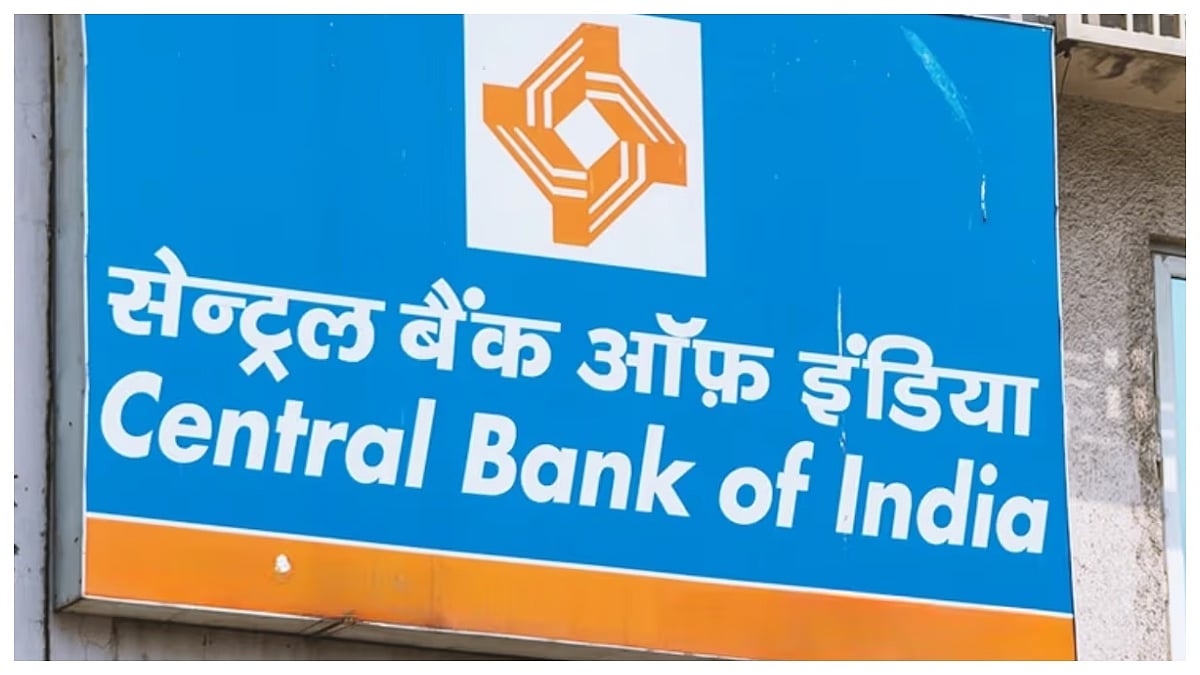Mumbai : The underlying financial health of at least some BSE 500 corporates is not reflected through their key reported financial numbers such as EBITDA, PBT and PAT, says a report by India Ratings. EBITDA stands for earnings before interest, taxes, depreciation, and amortization. PBT is for Profit Before Tax while PAT is for Profit After Tax, reports PTI.
The report, however, said the findings do not necessarily mean that corporates are doing fraudulent reporting. “The underlying financial health of at least some BSE 500 corporates (excluding banking and financial services) is not reflected through their key reported financial numbers such as EBITDA, PBT and PAT, tentatively,” India Ratings’ senior director, Deep N Mukherjee said.
The findings were based on statistical analysis of the quality of financial reporting of large Indian corporates for the period between FY02 to FY13. The agency said that with such analysis it does not rule out the chances of both false positives and false negatives.
“It, however, endeavours to highlight to investors that a disproportionately higher focus on margins and earnings than on cash margins could lead to a very limited understanding of the health and performance of the corporates,” Mukherjee said.
The report said that as a group, corporates ranking between 100 and 200 based on market cap, have lesser discrepancies in financial reporting than the 100 corporates with the largest market capitalisation.
FMCG, pharmaceuticals, fertilisers are the sectors where over the years the highest number of financial entries have exhibited a high likelihood of discrepancy, as per the test.
Sectors such as oil and gas, infrastructure and construction have flags for discrepancy raised against variables such as net fixed assets, depreciation, debtors and loans & advances, the report said.
“IT is widely considered as a safe sector in terms of corporate governance,” according to the report.
It further said the quality of financial reporting deteriorated sharply in years, where there was a sudden economic shock or when the markets were not anticipating a poor performance.
“Financial numbers for FY09, followed by FY13 raise the highest number of statistical flags attributable to possible poor reporting,” the report added.
The number of financial entries which were statistically flagged off reduced in FY10 and FY11.
India Ratings said it supports Sebi’s endeavours to restrict promoter holding in listed entities.
Deterioration in the quality of financial reporting increased in tandem with an increase in promoter holding, it claimed.
Additionally, the study did not find any significant difference in reporting quality based on the type of promoter whether Indian or foreign.




